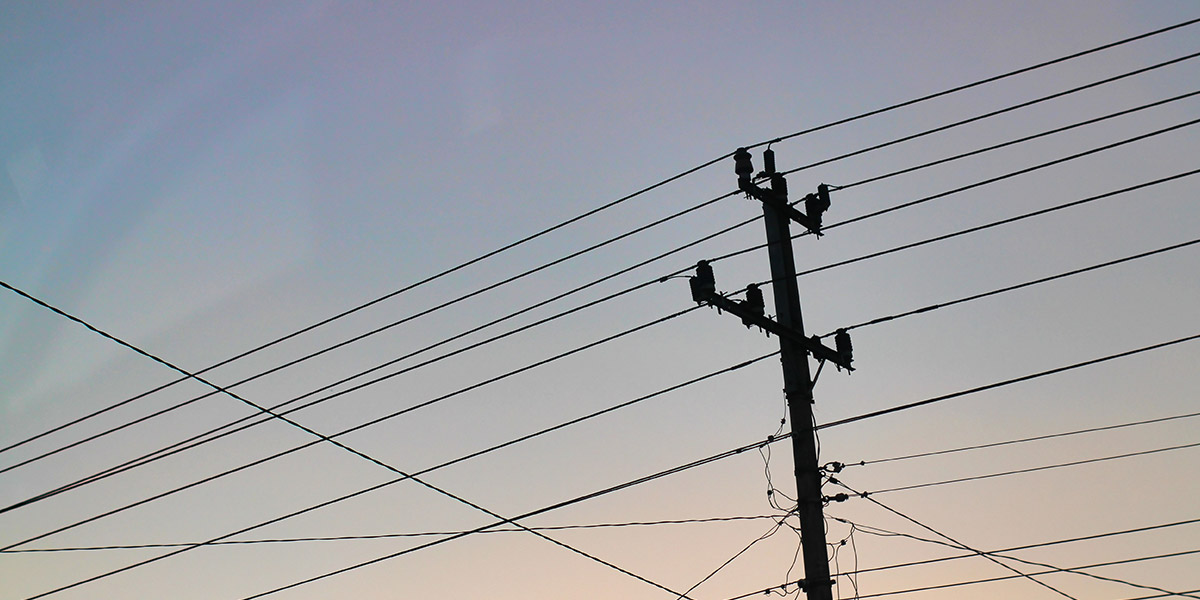Practical Applications of Woods’ Four Resilience Concepts - Energy Academic Group

Practical Applications of Woods’ Four Resilience Concepts
By Dan Eisenberg, PhD, Department of Operations Research, NPS
Resilience is a “new” term creeping into military directives, but what does it mean and how do we use it to guide decisions? In previous Resilience Corners, we described how applications of resilience emphasize a ‘resilience-as-a-verb’ perspective on the actions people take to sense, anticipate, respond to, and learn from stressful events. However, this perspective also relates to the ways our systems respond to threats and achieve resilient outcomes.
David Woods, an Emeritus Professor at the Ohio State University, outlines four concepts that describe the resilience outcomes we want for military systems1:
- Robustness: systems continue to function as intended;
- Extensibility: systems stretch function to support new needs;
- Rebound: systems return to previous function;
- Adaptability: systems change to support new functions.
Each of these concepts achieves resilience in a different way. Robustness and extensibility enable systems to continue to function in lieu of stress, where robustness highlights mitigation to anticipated hazards and extensibility stresses a need to extend system function to unforeseeable threats. In contrast, rebound and adaptability concepts enable response after failures, where rebound emphasizes quick recovery of previous function and adaptability harnesses failures to meet new needs.
Woods’ concepts offer a framework for improving the resilience of critical systems like power grids. Robustness relates to hardening power equipment, such as installing composite poles so power lines can survive disasters. Extensibility relates to backup generators—they are useful during a blackout, but non-ideal for long-term operations. Rebound relates to deployable crews to quickly fix failed equipment. Adaptability relates to deploying technologies like microgrids that support new system functions.
Overall, Woods’ four concepts provide a helpful framework for protecting military systems and infrastructure. However, there are tradeoffs to consider when prioritizing resilience efforts. Some technologies that enhance one type of resilience may preclude another—such as composite power poles being more robust than wooden poles, but more costly and difficult to rebound. Future resilience efforts should identify how efforts across the DoD relate to Woods’ four concepts and determine the resilience tradeoffs we are making and want to make in the future.
LEARN MORE
Email Dan Eisenberg at daniel.eisenberg@nps.edu or call 831-656-2358
REFERENCES
[1] Woods, David D. "Four concepts for resilience and the implications for the future of resilience engineering." Reliability Engineering & System Safety 141 (2015): 5–9.
Quarterly Newsletter
Surge is published quarterly by the Energy Academic Group and covers a divese range of energy-related topics. View archive

